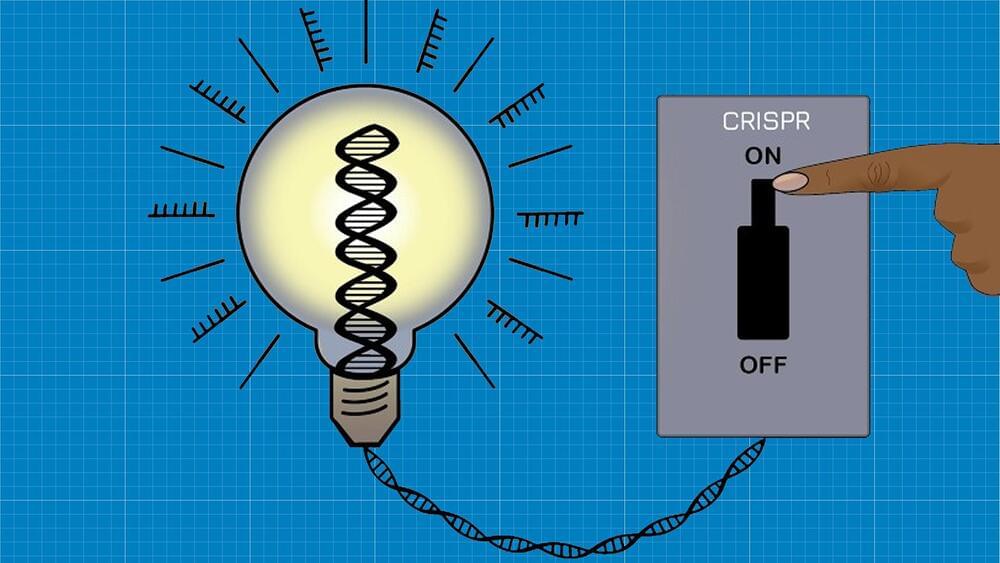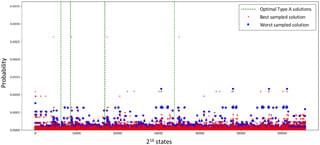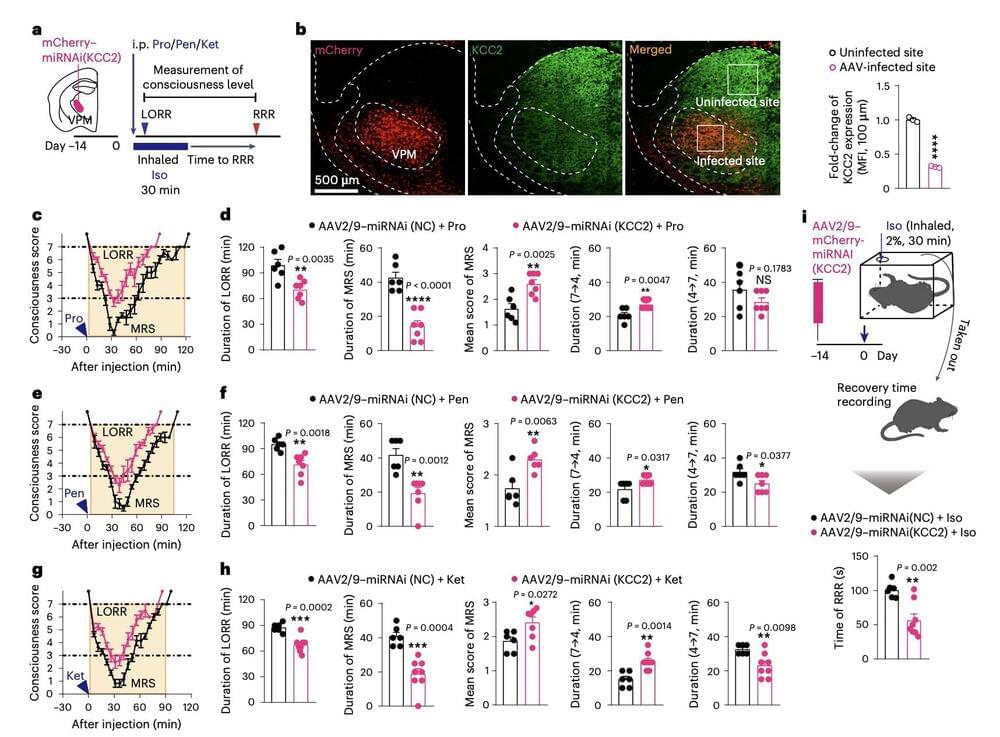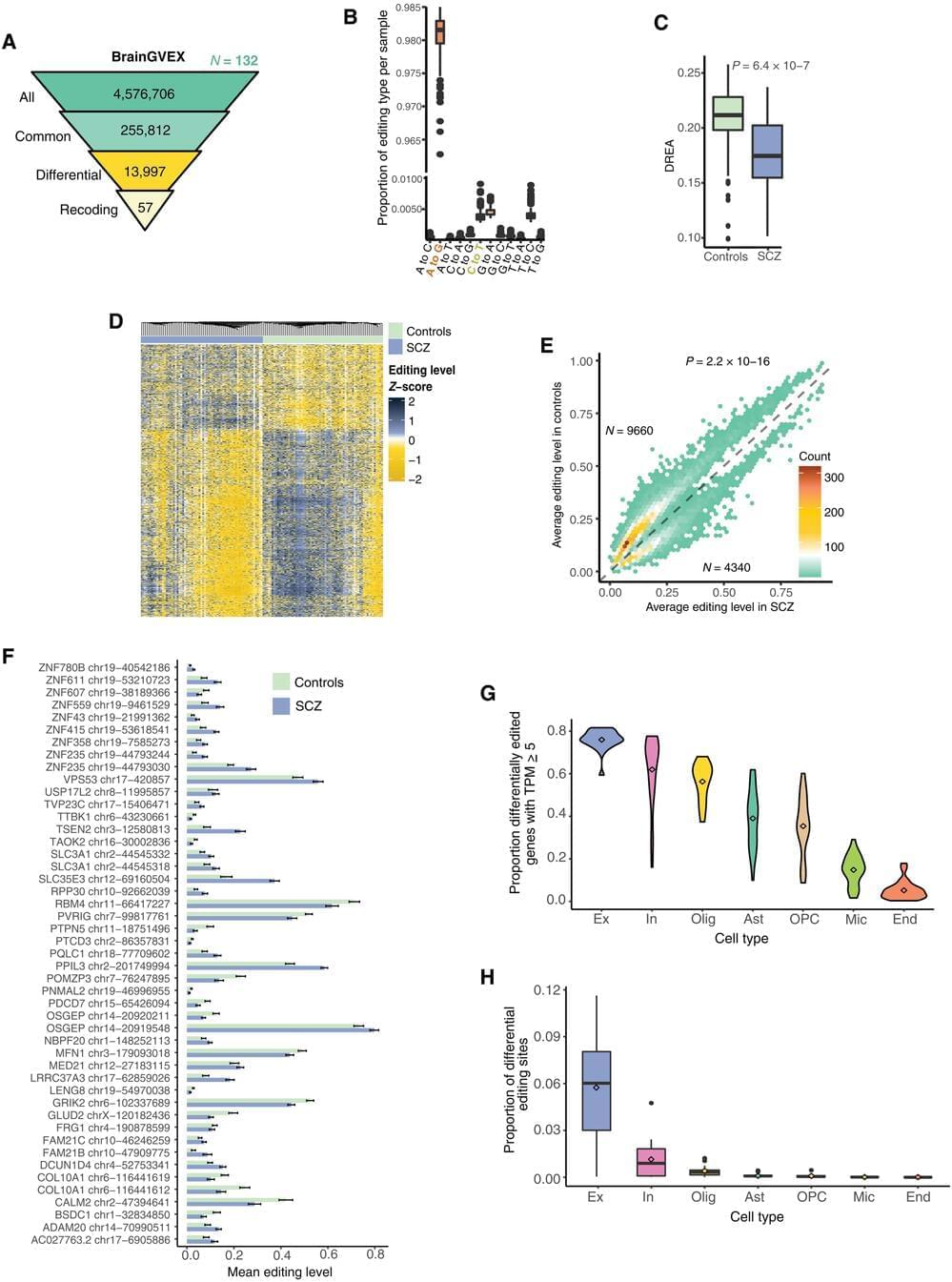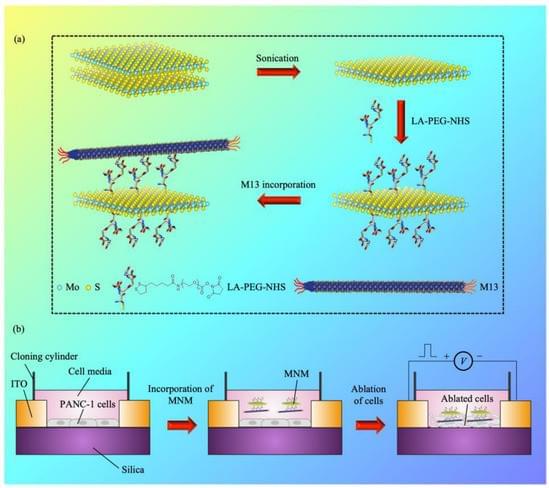Apr 14, 2023
CRISPR Breakthrough: Scientists Can Now Turn Genes On and Off at Whim
Posted by Shane Hinshaw in categories: bioengineering, biotech/medical, genetics
The gene-editing system CRISPR-Cas9 which has revolutionized genetic engineering over the past decade involves cutting DNA strands which is a process that can be quite hard to control and can result in unwanted genetic changes. Now, thanks to researchers at the Massachusetts Institute of Technology and the University of California, San Francisco (UCSF), a new gene-editing technology called CRISPRoff can change that, according to a press release.
“Fast forward four years [from the initial grant], and CRISPRoff finally works as envisioned in a science fiction way,” says co-senior author Luke Gilbert. “It’s exciting to see it work so well in practice.”
